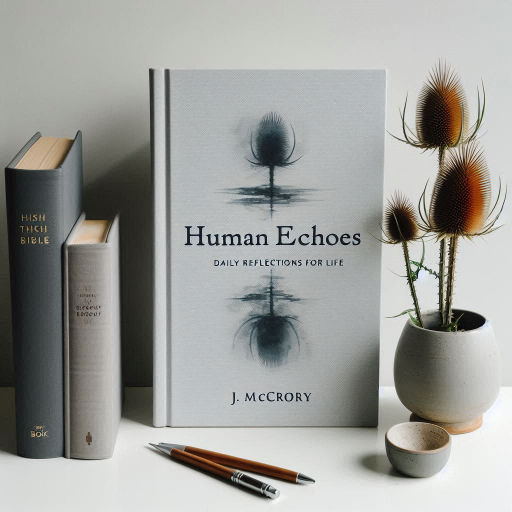"What is your servant, that you should notice a dead dog like me?"

Good morning friends from around the word. I am on ChatGPT, searching for a word to describe the overwhelming
feeling of loneliness that surfaces during this time of year for those who are
alone for various reasons. Our German friends have a term,
"Weltschmerz," which describes a deep sadness or world-weariness
brought on by the realization that the world cannot meet one's emotional or
idealistic needs. It is often tied to reflective or lonely moments,
particularly during significant times of the year.
ChatGPT then asks, "How do you plan to use this word, Jim?" As I go to answer and have a dialogue with this cyber character, it feels like some kind of parasocial attachment one might have with a cartoon character. I have to pinch myself as I’m reminded that this is not a person. But it teaches me something; we all yearn for connection.
At this time of year, that feeling is exponential, and my heart goes out to those who are alone and experiencing the ache of involuntary solitude. I’ve been there. I'm sure we all have at one time or another.
I woke up today conscious of those out there who suffer from Weltschmerz.
*****
"What is your servant, that you should notice a dead dog like me?"
The words, "What is your servant, that you should notice a dead dog like me?" are the words of Mephibosheth, the son of Jonathan, who was crippled as a child due to an accident. As an outlier in society, he was invited to sit at the king David's table ; treating Mephibosheth as one of his own sons. This act of kindness and compassion is a powerful testimony of empathy towards others. 2 Samuel 9:8.
